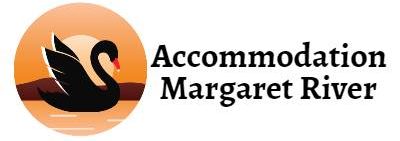Disclosure: This article may contain some affiliate links which means that I may earn a small commission when you click on them, at no additional cost to you. See my Disclosure Policy for more information.
Hotel Deposit: Tips From a Hotelier!
As someone who loves to travel AND a hotel owner myself, I know that finding the perfect hotel can make or break a trip. However, booking a hotel can be a bit tricky, especially when it comes to understanding hotel deposits. Hotel deposits are a common practice in the hospitality industry, but many travelers are unsure of what they are and how they work.
In short, a hotel deposit is a sum of money that a guest pays upfront to secure their reservation and cover any potential damages or incidentals during their stay. The amount of the deposit varies depending on the hotel’s policies and the length of the guest’s stay. Typically, the deposit is equal to one night’s lodging fees, but it can be more or less depending on the hotel.
As someone who has owned hotels in Western Australia since 2011, and also spent my entire childhood in hotels, as my parents owned them, I understand the complexities associated with hotel deposits and how important it is to not only understand them but also know exactly what you’re getting when it comes to your stay.
Let me give you a few tips about hotel deposits so that you are fully prepared when booking your next trip!
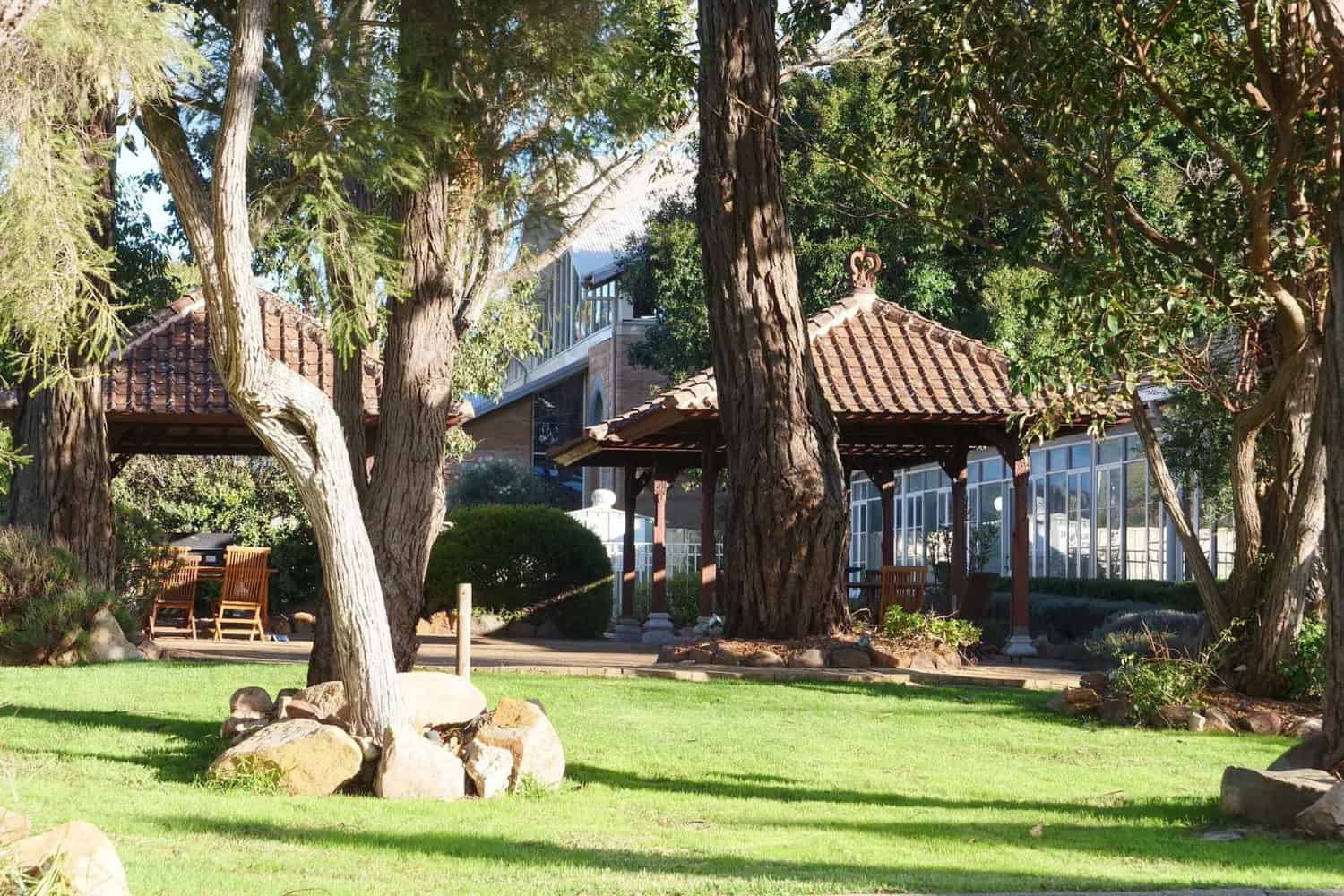
What is a Hotel Deposit?
As someone who travels frequently AND a hotel owner myself, I have come across the term “hotel deposit” many times. Simply put, a hotel deposit is a sum of money that a guest pays upfront to the hotel as a guarantee for their reservation. This is a common practice in the hospitality industry, especially during peak seasons or when there are major events happening in the area, and also spans from luxury hotels to 2.5 star hotels and everything in between.
The amount of the deposit varies depending on the hotel’s policies and the duration of your stay, but it typically ranges from $50 to $200 per night. The purpose of the deposit is to cover any incidentals or damages that may occur during your stay. This includes things like room service, mini-bar charges, or any damages to the room.
It’s important to note that a hotel deposit is different from a hotel room rate. The deposit is separate from the room rate and is usually charged in addition to the room rate. The full amount of the deposit is refunded to the guest upon checkout, provided there are no damages or incidentals to be charged.
Some hotels may require a credit card guarantee or deposit, while others may not. Typically, hotels that do not require a deposit will guarantee the room for a specific arrival time, such as 6:00 PM. If the guest does not arrive by the guaranteed time, the hotel may release the room to another guest.
A hotel deposit is a common practice in the hospitality industry to guarantee a guest’s reservation and cover any incidentals or damages that may occur during their stay. It’s essential to understand the hotel’s policies regarding deposits and to budget accordingly.
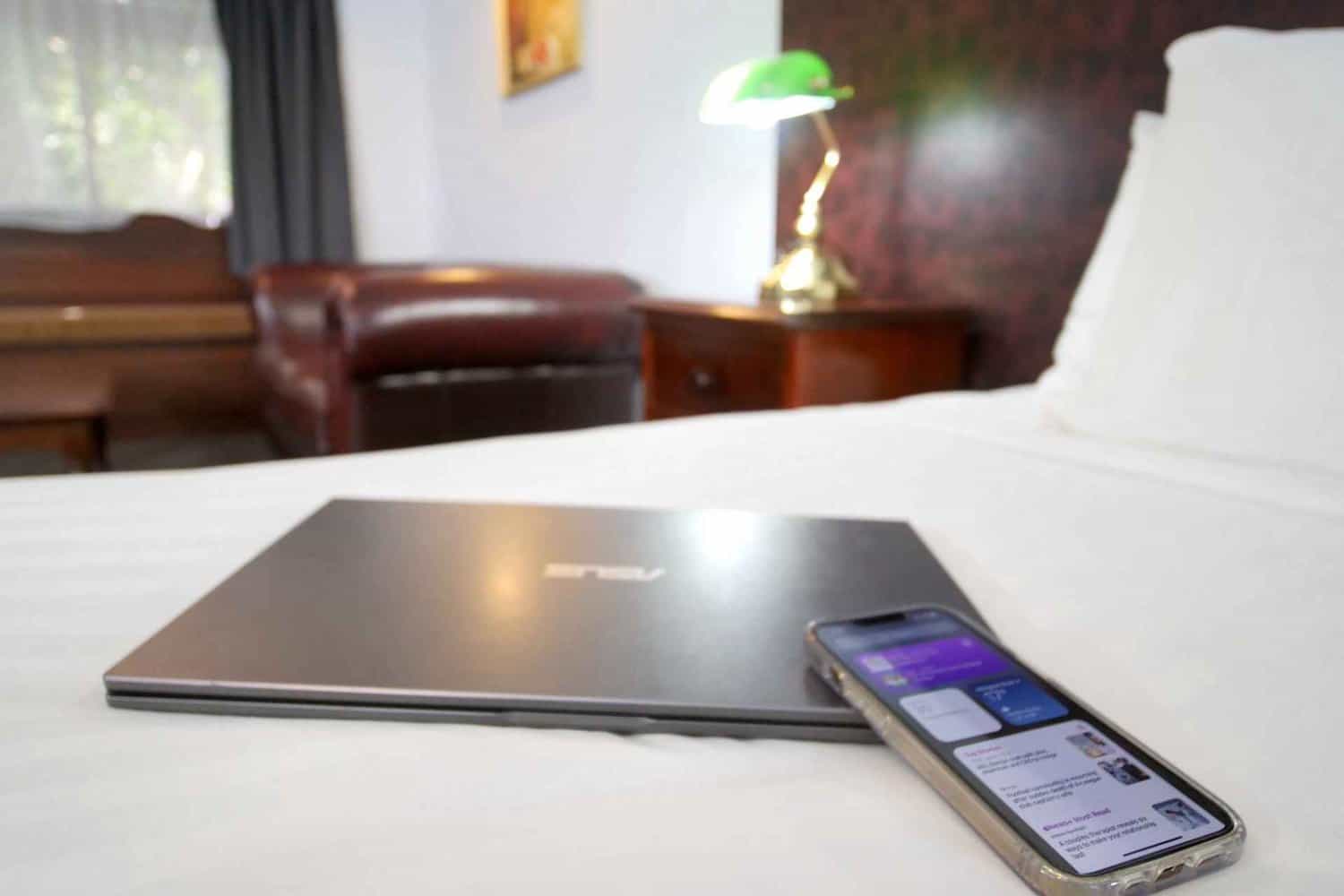
What are the Different Types of Hotel Deposits?
When it comes to hotel deposits, there are a few different types that you might encounter depending on the hotel and the specific reservation you are making, and whether it is a short stay or an extended stay. Here are some of the most common types of hotel deposits:
Flat Rate Deposit
A flat rate deposit is a set amount that you pay upfront when making your reservation. This amount is usually the same regardless of how long you will be staying at the hotel. For example, a hotel might require a $100 deposit per night, regardless of whether you are staying for one night or five.
Percentage Deposit
A percentage deposit is based on the total cost of your reservation. This type of deposit is calculated as a percentage of the total amount you will be paying for your stay. For example, if your total reservation cost is $500, you might be required to pay a 20% deposit, which would be $100.
Debit Card Hold
Some hotels may place a hold on your debit card instead of charging a deposit upfront. This means that the hotel will put a temporary hold on a certain amount of funds in your account to ensure that they will be able to cover any potential damages or incidentals during your stay. The amount of the hold will vary depending on the hotel’s policies.
Credit Card Authorization
Similar to a debit card hold, a credit card authorization is when the hotel places a temporary hold on a certain amount of funds on your credit card. This amount is usually larger than the amount of a flat rate or percentage deposit, as it is meant to cover any incidentals or damages that might occur during your stay.
No Deposit Required
In some cases, a hotel may not require any type of deposit at all. This is more common for smaller hotels or bed and breakfasts, but larger hotels may also offer this option depending on the season or availability.
It’s important to note that the specific type of deposit required will vary depending on the hotel and the reservation you are making. Make sure to read the hotel’s policies carefully before making your reservation to ensure that you understand what type of deposit is required and how it will be charged.
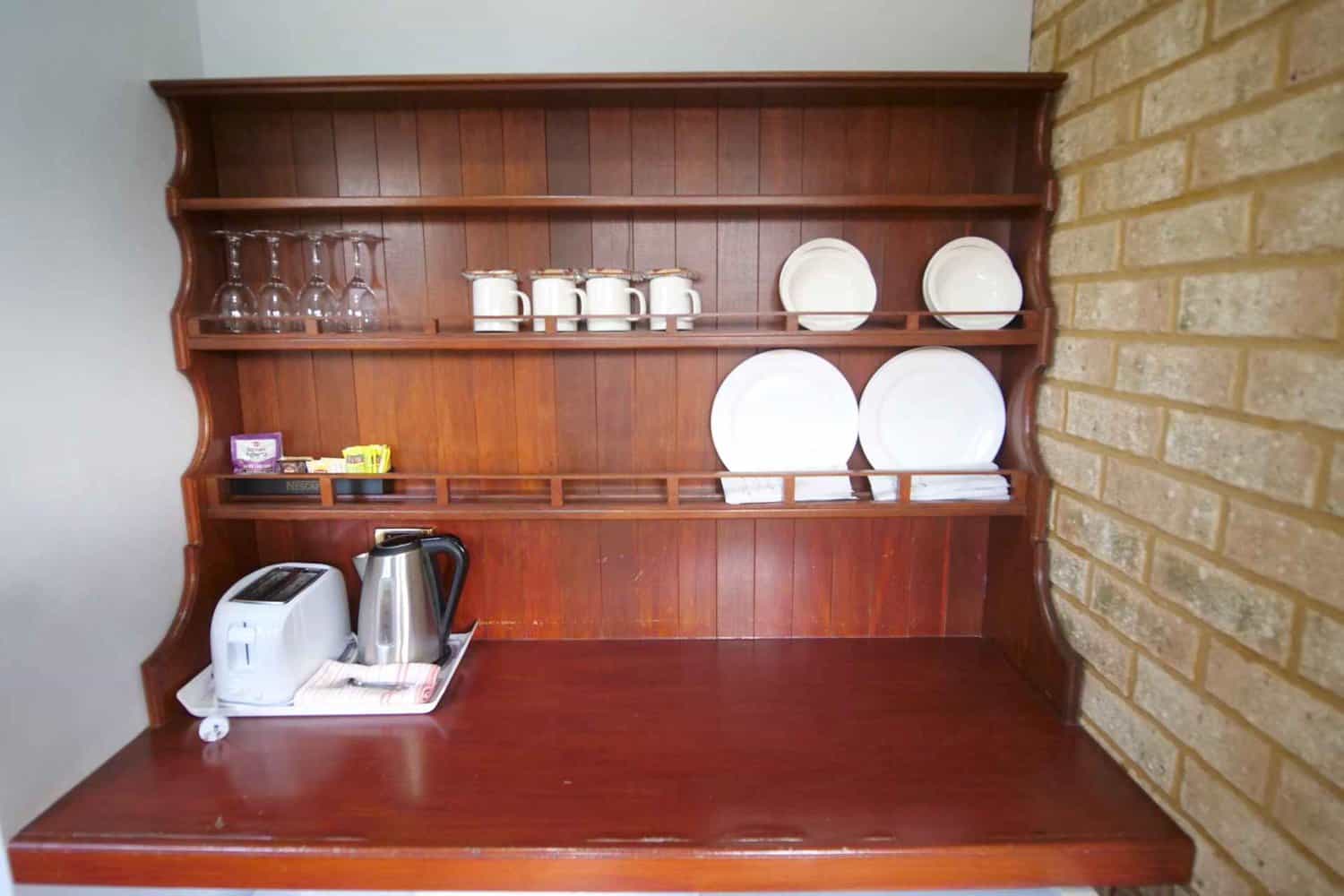
Why do Hotels Require Deposits?
As someone who has traveled frequently, I have often encountered hotels requiring a deposit at check-in,or even the time of booking. Although it may seem like an unnecessary expense, hotels require this deposit for several reasons:
Prevent Damage and Losses
Hotels want to ensure that their property remains in good condition. Therefore, they may require a deposit to cover any potential damages caused by guests during their stay. This deposit acts as a security measure, giving hotels the ability to repair or replace any damaged items or fixtures in the room.
Cover Incidentals
Hotels may also require a deposit to cover any incidental charges that guests may incur during their stay. These charges may include room service, laundry, or minibar expenses. By requiring a deposit, hotels can ensure that they are compensated for these additional services.
Guarantee Payment
Finally, hotels require deposits to guarantee payment for the stay. By requiring a deposit at the time of booking, hotels can ensure that guests have the financial means to pay for their stay, and that they really intend on coming. This is especially important for hotels during peak seasons or when there are major events happening in the area.
I have found in my own business that having a deposit at the time of booking (either one night or 20%) cuts out a lot of time-wasters and reduces cancellations by a large amount. While this might not matter for a big property, cancellations can affect small properties extremely negatively, and they may struggle to resell a room if someone cancels, especially with short notice.
In summary, hotels require deposits to protect their property, cover incidental expenses, and guarantee payment. While it may seem unnecessary, deposits are a common practice in the hospitality industry and can provide peace of mind for both guests and hotels.
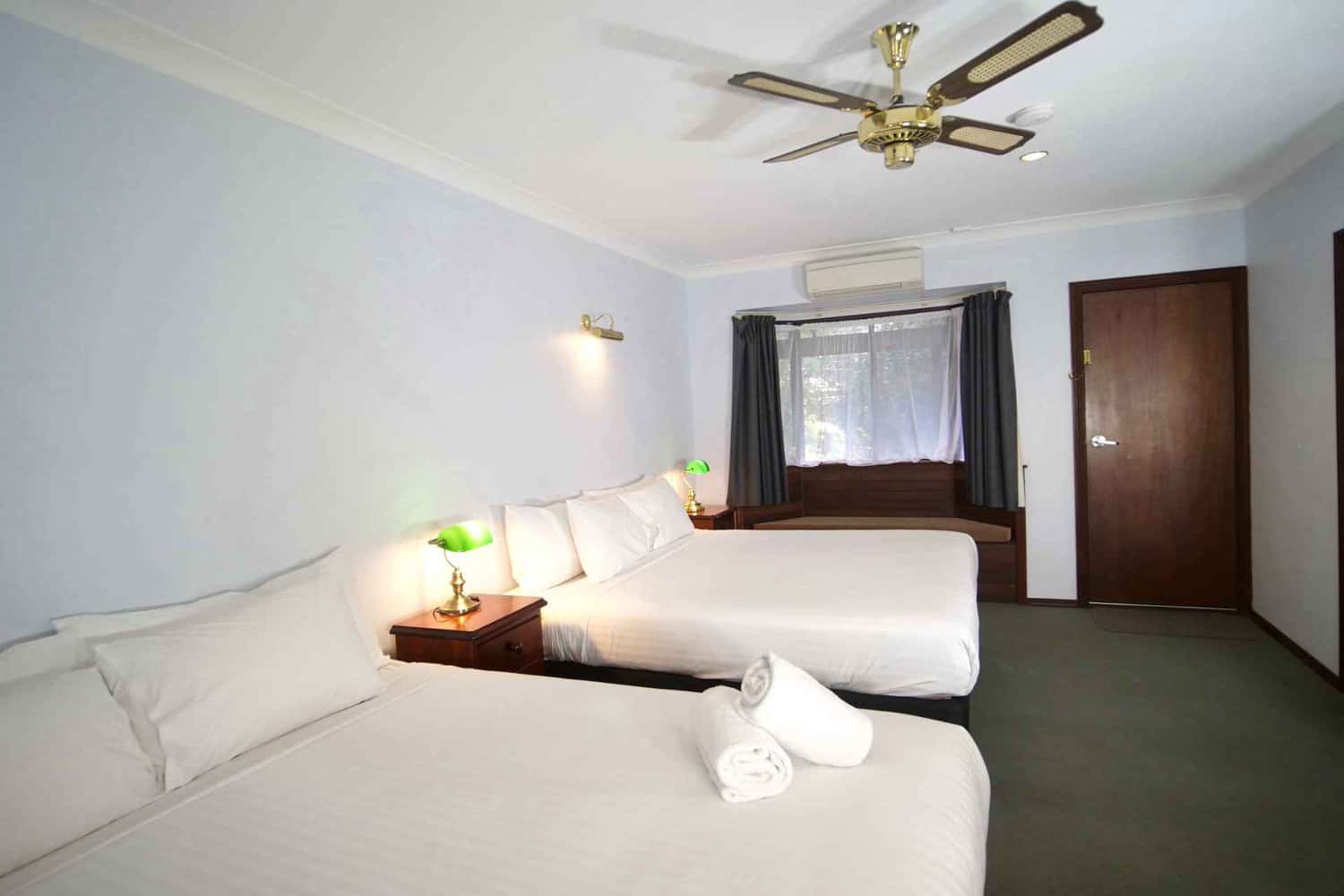
How Much is a Hotel Deposit?
As someone who owns two hotels in Western Australia, I wondered what other properties were charging as a deposit. After researching and speaking with other hotel owners, I found that the amount of deposit required can vary depending on the hotel’s policies and the length of the stay, all the way from being deposit free and paying on the day of arrival, to paying a 50% deposit at the time of booking and then the balance 14 days out from arrival. The only thing that is certain is that every property is different!
Are There Extra Fees and Charges?
It’s important to note that some hotels may charge extra fees and charges on top of the deposit. These fees can include resort fees, parking fees, and room service charges. Before making a reservation, I always check the hotel’s website or call the front desk to confirm any additional charges.
Does Your Credit Card Have Enough Funds?
Most hotels require a credit card to make a reservation and pay for the deposit. It’s important to make sure that your credit card has enough funds to cover the deposit and any additional charges. If you’re unsure, you can always call your credit card company to confirm your available credit limit.
When Will the Deposit Request Be Made?
The deposit request can be made at different times depending on the hotel’s policies. Some hotels may require the deposit at the time of booking, while others may request it at check-in. I always make sure to check the hotel’s policies before making a reservation to avoid any surprises.
Cash, Cheque or Debit Card Deposits
While most hotels require a credit card for the deposit, some may accept cash, cheque or debit card deposits. However, it’s important to note that these types of deposits may have different policies and restrictions. For example, some hotels may require a higher deposit amount for cash or cheque deposits.
Overall, the amount of hotel deposit can vary depending on several factors. By checking the hotel’s policies before making a reservation and confirming any additional fees or charges, you can avoid any surprises and enjoy a stress-free stay.
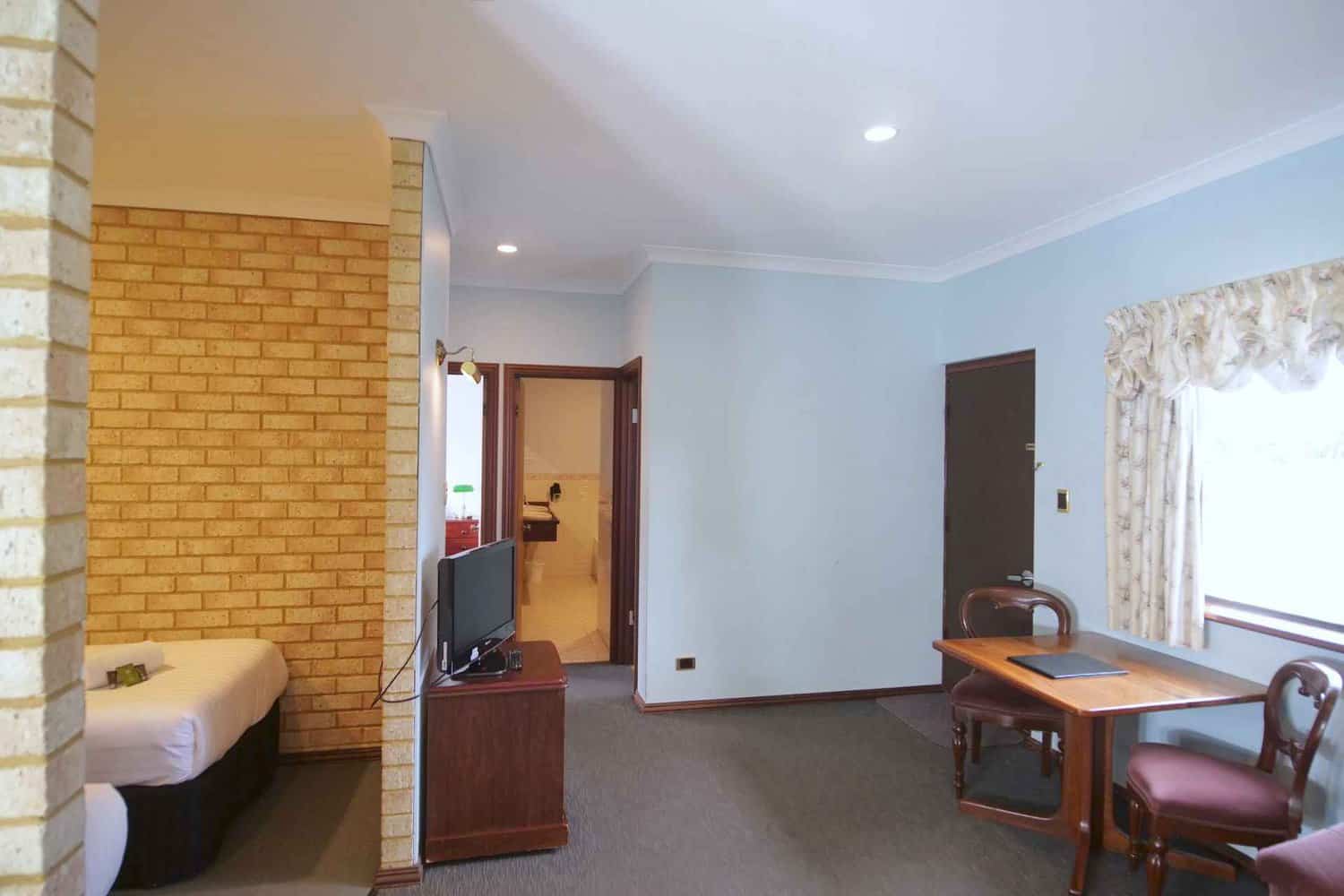
How to Get a Hotel Deposit Waived
As someone who travels often, I have learned a few tricks to get a hotel deposit waived. Here are some tips that have worked for me:
Request a Courtesy Hold
One way to avoid a hotel deposit is to request a courtesy hold. This means that the hotel will hold your reservation without charging your credit card. However, not all hotels offer this option, and it may depend on the time of year and availability. It’s best to call the hotel directly to inquire about this option.
Preauthorization vs. Actual Charges
It’s important to understand the difference between a preauthorization and actual charges. A preauthorization is a temporary hold on your credit card to ensure that you have enough funds to cover your stay. This hold will be released once you check out and pay your bill. Actual charges, on the other hand, are charges that you will be responsible for paying.
Ask to Waive the Authorization
If you don’t want to pay a deposit, you can ask the hotel to waive the authorization hold. This may be possible if you have a good relationship with the hotel or if you are a frequent guest. You can also ask if there are any promotions or discounts available that would allow you to avoid the deposit.
Turn Off Incidentals
One way to reduce the amount of the deposit is to turn off incidentals. Incidentals are charges that you may incur during your stay, such as room service or movies. By turning off incidentals, you can reduce the amount of the deposit required.
There are several ways to get a hotel deposit waived. You can request a courtesy hold, understand the difference between preauthorization and actual charges, ask to waive the authorization hold, or turn off incidentals. Remember to always be polite and friendly when making these requests, as hotel staff are more likely to help you if you are respectful.
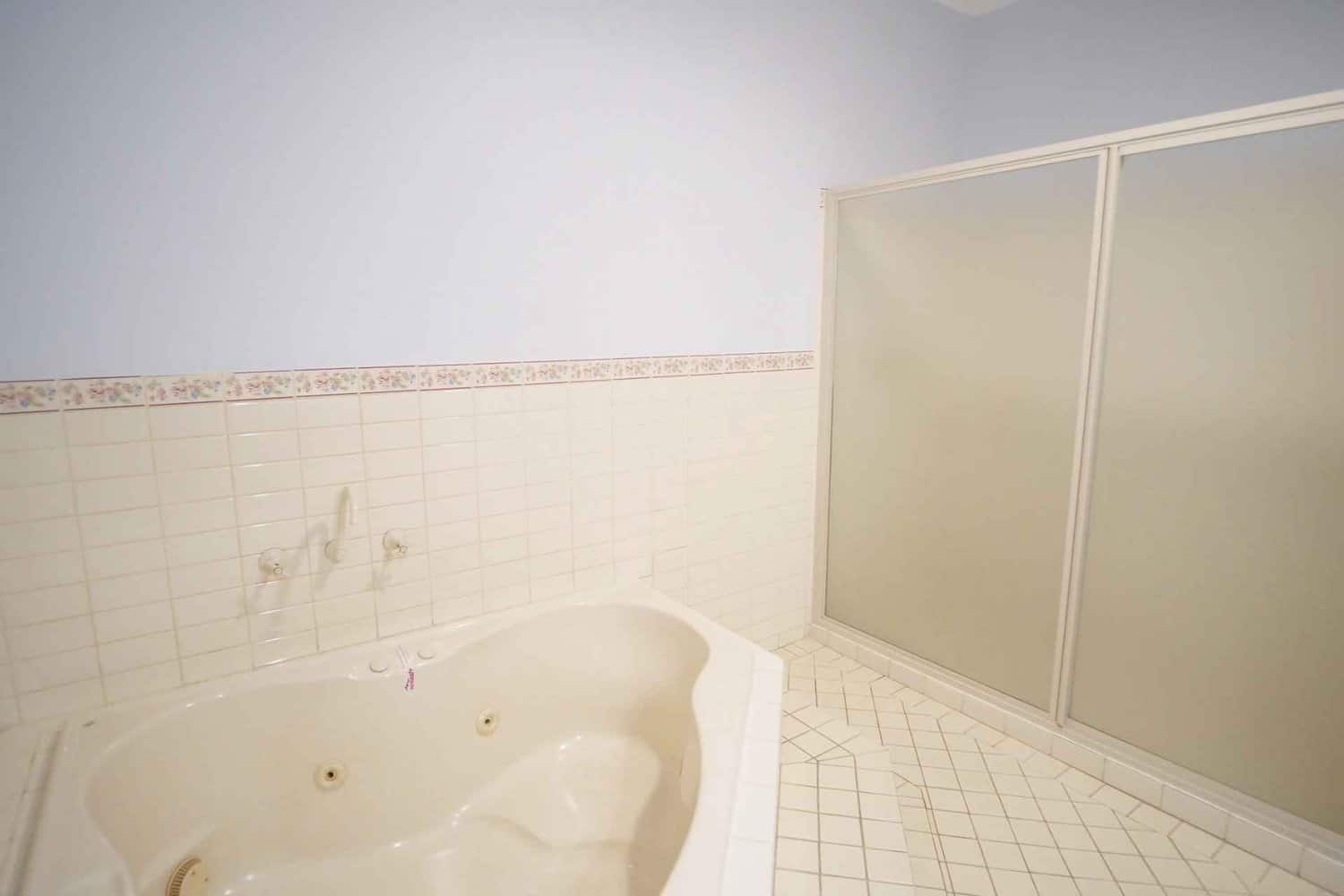
When is the Hotel Deposit Returned?
As someone who has checked-in many, many, hotel guests in my time as a hotel owner, I know that one of the most common questions people have is when they can expect to receive their deposit back. The answer to this question can vary depending on the hotel’s policies and procedures. In this section, I will discuss the typical check-out process and damage assessment that hotels use to determine when a deposit is returned.
Check-Out Process
When you check out of a hotel, the front desk will typically ask you if you have any charges to your room that need to be paid. If you do, they will deduct those charges from your deposit before returning the remainder to you. This process can take a few minutes or longer, depending on how busy the hotel is.
Once the charges have been deducted, the hotel will typically release the remaining deposit back to your credit card or bank account. Depending on your bank’s policies, it may take a few days for the funds to become available in your account.
Damage Assessment
Hotels require a deposit to protect themselves against any damages that may occur during your stay. If there are any damages to the room or hotel property, the hotel will deduct the cost of repairs from your deposit before returning the remainder to you.
It’s important to note that hotels may take some time to assess any damages. In some cases, it may take a few days or even weeks for the hotel to complete the assessment and return your deposit. This is especially true if the damage is significant and requires extensive repairs.
The timing of when a hotel returns your deposit can vary depending on the hotel’s policies and procedures. However, by understanding the typical check-out process and damage assessment that hotels use, you can have a better idea of when to expect your deposit back.
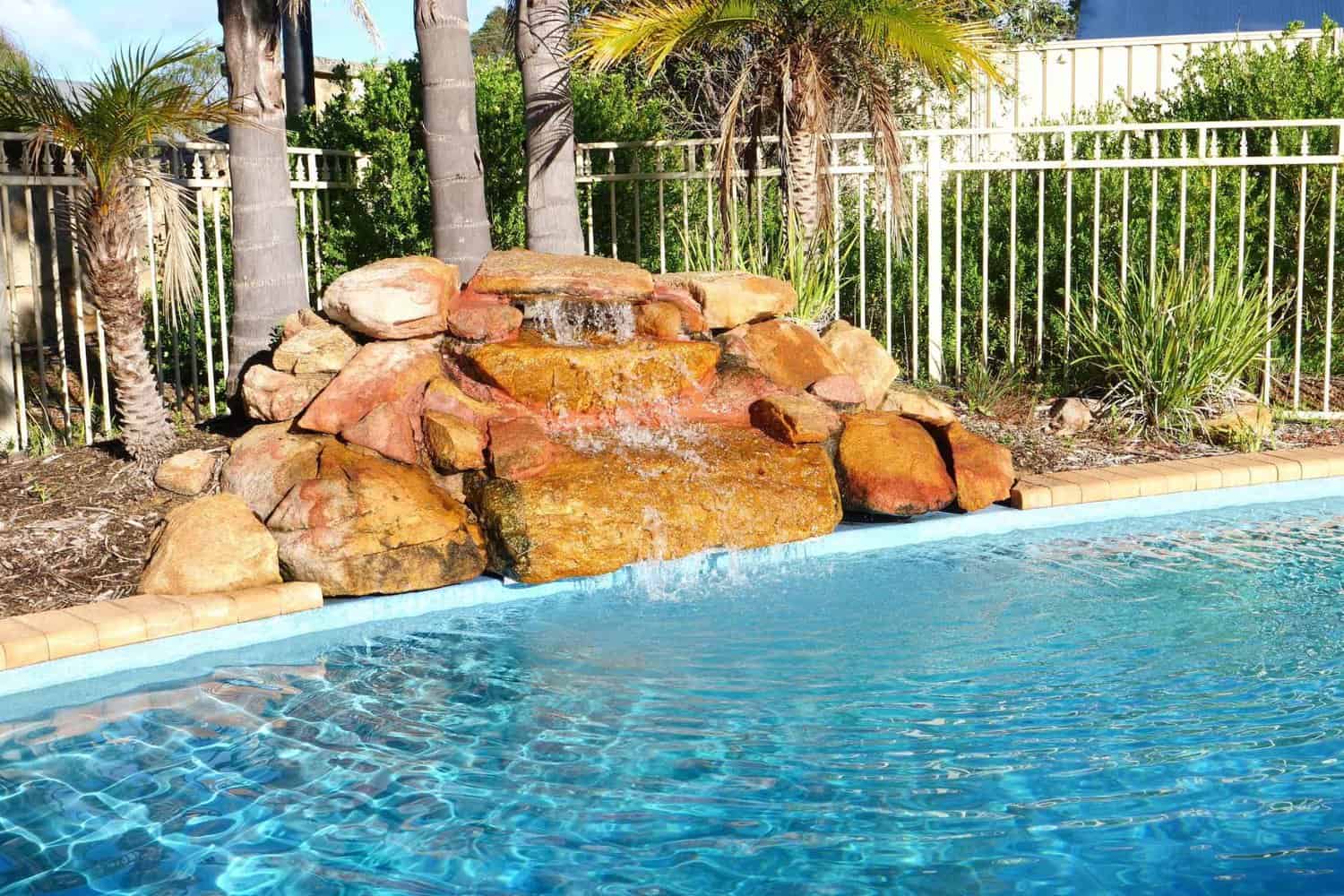
What Happens if You Don’t Pay the Hotel Deposit?
If you don’t pay the hotel deposit, it could lead to several consequences. In this section, I will discuss the possible outcomes of not paying the hotel deposit.
Cancellation of Reservation
If you don’t pay the hotel deposit, the hotel may cancel your reservation. This means that you won’t have a room to stay in when you arrive at the hotel. The hotel may also charge you a cancellation fee, which can be a percentage of the total cost of your reservation. This fee can be quite high, depending on the hotel’s policy.
Legal Action
If you don’t pay the hotel deposit, the hotel may take legal action against you. This can include suing you for breach of contract or filing a police report for theft. The hotel may also report you to credit bureaus, which can negatively affect your credit score.
In some cases, the hotel may also place a lien on your property. This means that the hotel has a legal claim to your property until you pay the deposit. The lien can be lifted once you pay the deposit or settle the dispute with the hotel.
It’s important to note that not paying the hotel deposit can have serious consequences. It’s always best to pay the deposit upfront to avoid any issues. If you’re unable to pay the deposit, it’s best to contact the hotel and try to work out a solution.
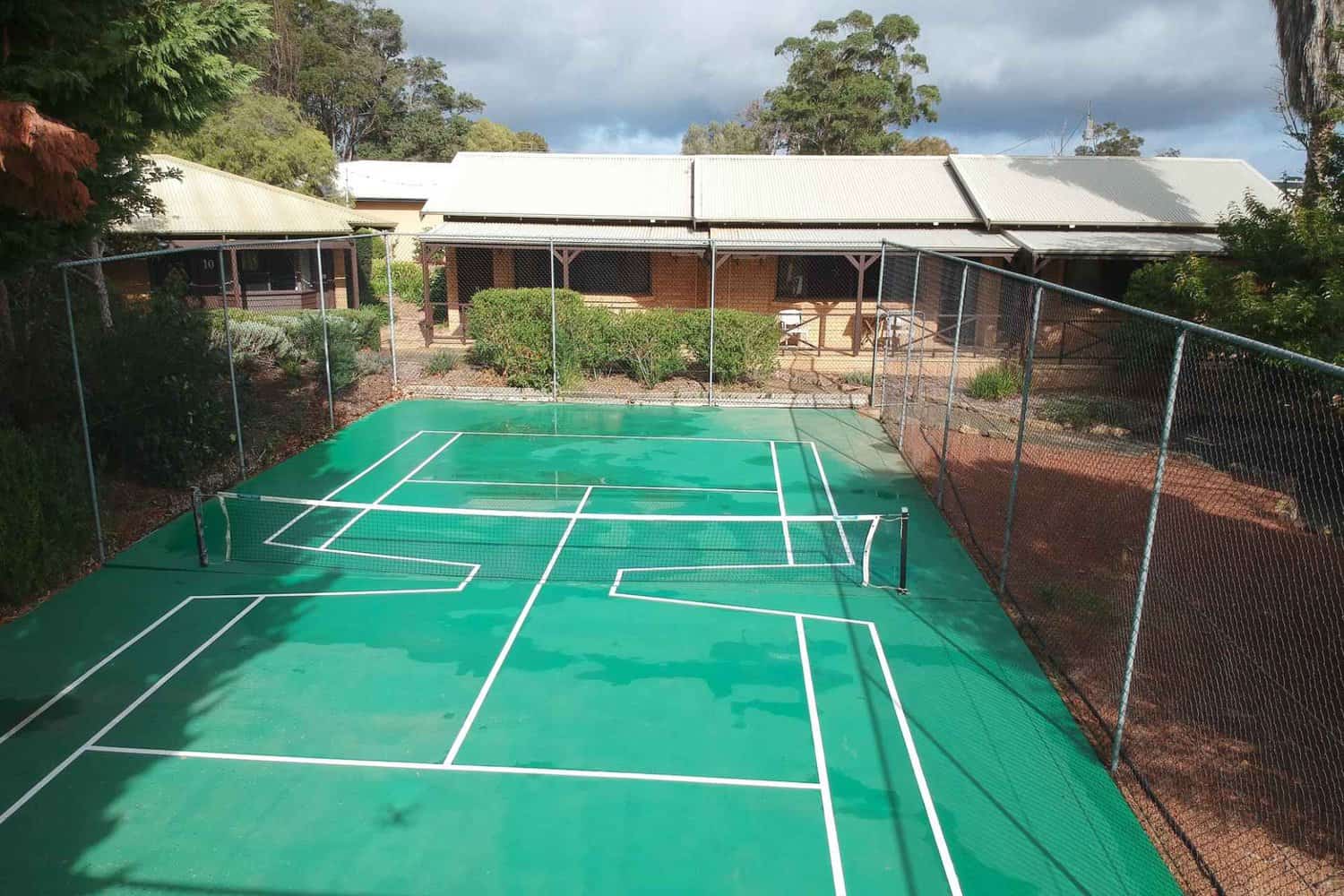
How Do Hotel Deposits Work?
When making a reservation at a hotel, it’s important to understand how hotel deposits work. Here are some tips for getting the most out of your hotel deposit:
1. Read the Hotel Policies: Before reserving a room, be sure to read the hotel’s policies regarding deposits. The amount of the deposit and when it is due may vary from hotel to hotel, so it’s important to understand the specifics before booking.
2. Make Sure You Receive a Receipt: Once you have paid your deposit, make sure that you receive a receipt from the hotel. This is proof that you have made the payment and can help if disputes arise later on.
3. Pay the Deposit in Advance: If possible, try to pay your deposit in advance. This will guarantee that you have secured your reservation and can avoid any last-minute confusion or issues.
4. Understand the Cancellation Policy: Every hotel has a different cancellation policy, so it’s important to understand what yours is before making a reservation. Some hotels may charge a fee if you cancel within a certain timeframe, while others may allow you to cancel without penalty.
5. Ask for a Refund: If there are no damages or incidentals charged when you check out, be sure to ask for a full refund of your deposit. Don’t forget to keep the receipt as proof that you paid the deposit.
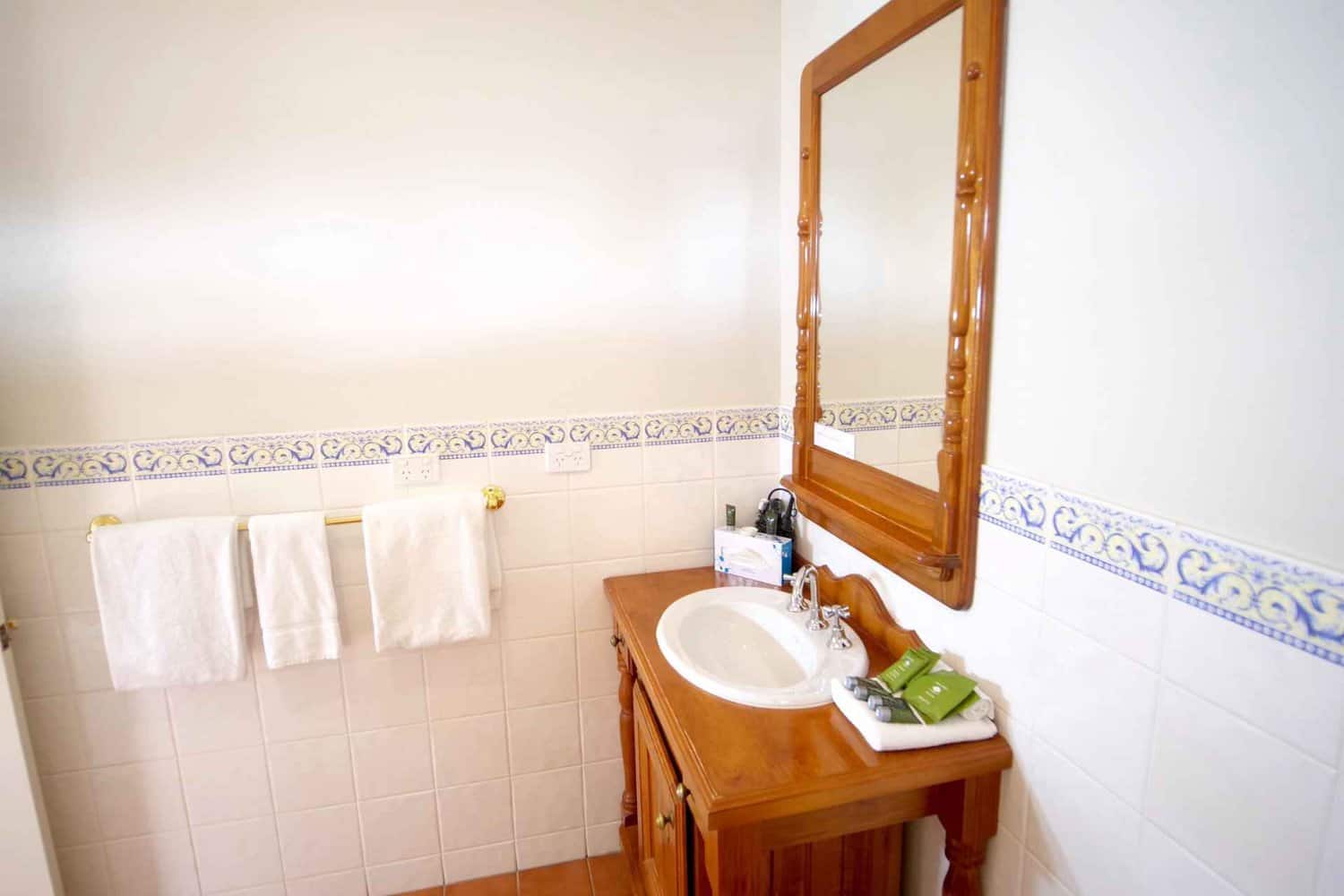
FAQ: Hotel Deposits
Can You Pay A Hotel Deposit With Cash?
Yes, many hotels will accept cash for a hotel deposit. However, it’s best to ask the hotel beforehand if they accept cash payments so that you can be prepared when you arrive.
How To Get Hotel Deposit Waived?
The best way to get a hotel deposit waived is to speak with the hotel staff. Depending on the hotel, they may be willing to waive your deposit if you have good credit or can provide other evidence of financial stability. However, this isn’t always possible and it’s important to understand that waiving the deposit doesn’t mean that you won’t be responsible for any damages or incidentals.
Are Hotel Deposits Refundable?
Yes, hotel deposits are usually refundable as long as there haven’t been any damages or incidentals charged during your stay. However, it’s important to ask the hotel staff about their specific policies before booking a room so that you know what to expect.
Will Hotels Hold My Credit Card for Deposit?
Yes, some hotels may hold your credit card information as a deposit for incidentals or damages. However, this practice is becoming less common as most hotels now require payment upfront. It’s best to check with the hotel before making a reservation to see if they require a credit card deposit.
Why Do Hotels Ask For A Deposit?
Hotels ask for a deposit to ensure that they are able to cover any damages or incidentals during your stay. It’s also a way to protect the hotel from guests who may choose not to pay after their stay. A deposit provides the hotel with some financial security and can help them better manage their finances.
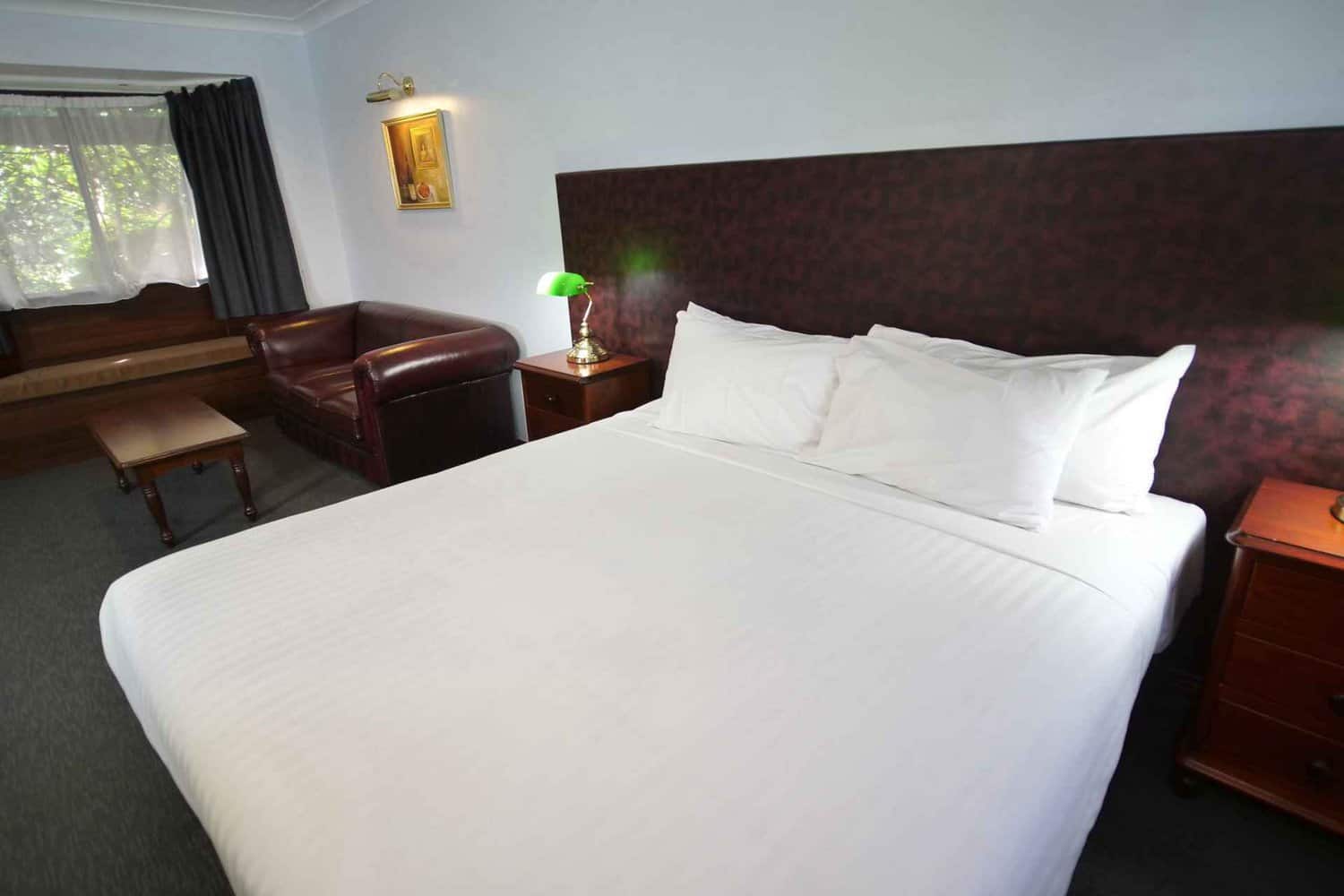
Are There Hotels That Don’t Require A Deposit?
Yes, there are some hotels that do not require a deposit. However, these types of hotels are typically reserved for guests with good credit or those who have stayed at the hotel before and have built up a positive track record. It’s best to check with the hotel ahead of time to see if they require a deposit or not.
Are There Cheap Hotels With No Deposit?
Yes, there are a few cheap hotels that do not require a deposit. These types of hotels typically offer low rates and may be more suitable for guests on tighter budgets. However, it’s important to carefully read the hotel policies before making any reservations in order to understand the specific requirements.
Where Can I Find Hotels That Don’t Require Pre-Payment?
There are a few websites that list hotels that do not require pre-payment. Expedia, Hotels.com and TripAdvisor all offer searchable databases with this information. It’s important to read through the policies for each hotel carefully before booking in order to understand their specific requirements and deposit policies.
Can I Book A Hotel Without A Deposit?
Yes, in some cases it may be possible to book a hotel without a deposit. Many hotels will allow you to pay for your stay upon checkout, while others may offer discounts for pre-payment or no deposits required. However, it’s important to check with the hotel before making any reservations and understand their specific policies.
Can You Stay At A Hotel And Pay Later?
Yes, in some cases it may be possible to stay at a hotel and pay later. Depending on the hotel, they may require you to leave a deposit upfront or provide a credit card for incidentals. It’s important to speak with the hotel before making any reservations in order to understand their specific policies and requirements.
Do All Hotels Require A Deposit?
No, not all hotels require a deposit. Depending on the hotel, they may allow guests to pay upon checkout or offer discounts for pre-payment or no deposits required. It’s best to check with the specific hotel before making any reservations in order to understand their policies and requirements.
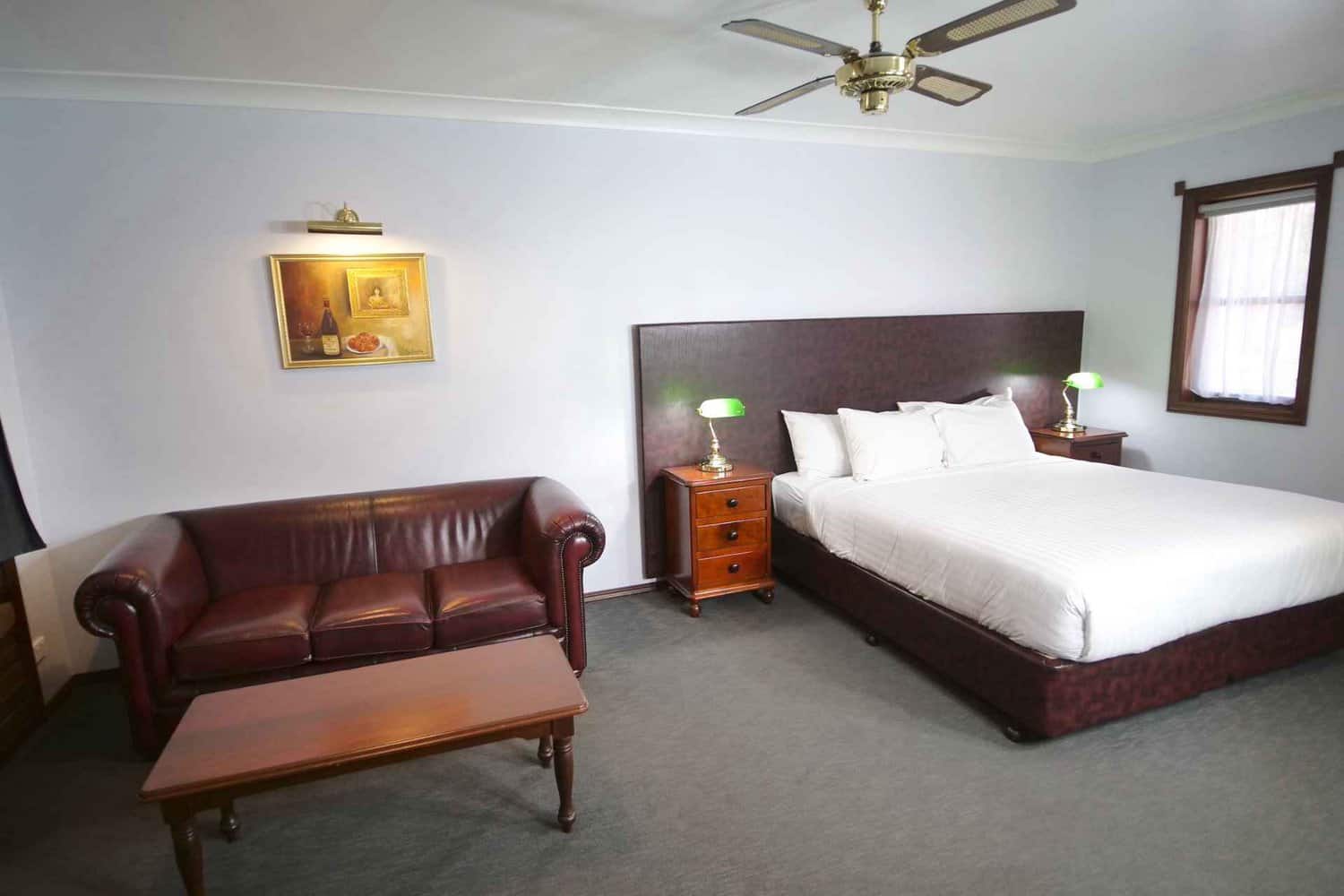
Wrapping Up: Hotel Deposits
Hotel deposits are an important part of the reservation process. They provide protection for both you and the hotel, ensuring that your reservation is secure and that any damages or incidentals are covered.
Understanding how hotel deposits work can help you get the most out of your stay and ensure a pleasant experience at the hotel. Be sure to read all policies carefully and pay the deposit in advance to guarantee your reservation.
Finally, don’t forget to ask for a refund of your deposit upon checkout if there are no damages or incidentals charged. With these tips, you can make sure that your hotel stay is worry-free!
Related Posts:
Australia Travel Planning Guide
🚑Should I buy Australian travel insurance?
100% YES! — Australia has “free” healthcare but it’s only for citizens and permanent residents. Foreigners visiting need travel insurance in case anything happens on their visit. I like SafetyWing – their Nomad Insurance starts at just $1.50 USD a day!
🚗Should I rent a car in Australia?
Yes — Renting a car is a necessity in most of Australia! If you want to go on road trips or adventures outside of the major cities, and even if you’re staying in a major city, you’ll want to rent a car. If you are visiting Margaret River, it will be even more important that you hire a car, you’ll need it to be able to get around and see all the great attractions and wineries!
🏨What’s the best way to book my Australian accommodation?
My go-to for Australian hotels is Booking.com. Pretty much all registered accommodation use Booking.com (but not necessarily any of the other major booking platforms), and even most of the holiday homes and caravan parks use Booking.com too!
If you’re planning a trip to Australia where you will stay at multiple locations, it’s super handy to have all your accommodation listed in one place, and accommodation owners like Booking.com because it’s easy to contact the guests using the messaging platform if the guest has an international phone number.
I sincerely hope you enjoy your visit to Margaret River!
